39 what is cholesterol on food labels
Food Labels | CDC - Centers for Disease Control and Prevention If you eat the whole thing, you are eating 8 times the amount of calories, carbs, fat, etc., shown on the label. Total Carbohydrate shows you types of carbs in the food, including sugar and fiber. Choose foods with more fiber, vitamins, and minerals. Choose foods with lower calories, saturated fat, sodium, and added sugars. Avoid trans fat. Reading Food Labels | ADA - American Diabetes Association Put food labels to work. The Nutrition Facts labels on foods are really the key to making the best choices. We'll cover the basics so that these labels make shopping easier for you. You've heard it all. From carb-free to low-carb, to whole and empty carbs, it's hard to know what it all means. Blood sugar highs and lows aren't always ...
PDF Food Label Tip: How to Choose Foods Low In Saturated Fat, Trans Fat ... of saturated fat and cholesterol. In general, 5% or less is low. Twenty % or more is high. Also choose foods with no or low amounts of trans fat. Compare these two food labels: Whole Milk Fat-Free Milk. Ft e. These food labels are for one serving of milk: 1 cup (8 ounces). Fat-free milk has the lowest % of saturated fat and cholesterol.
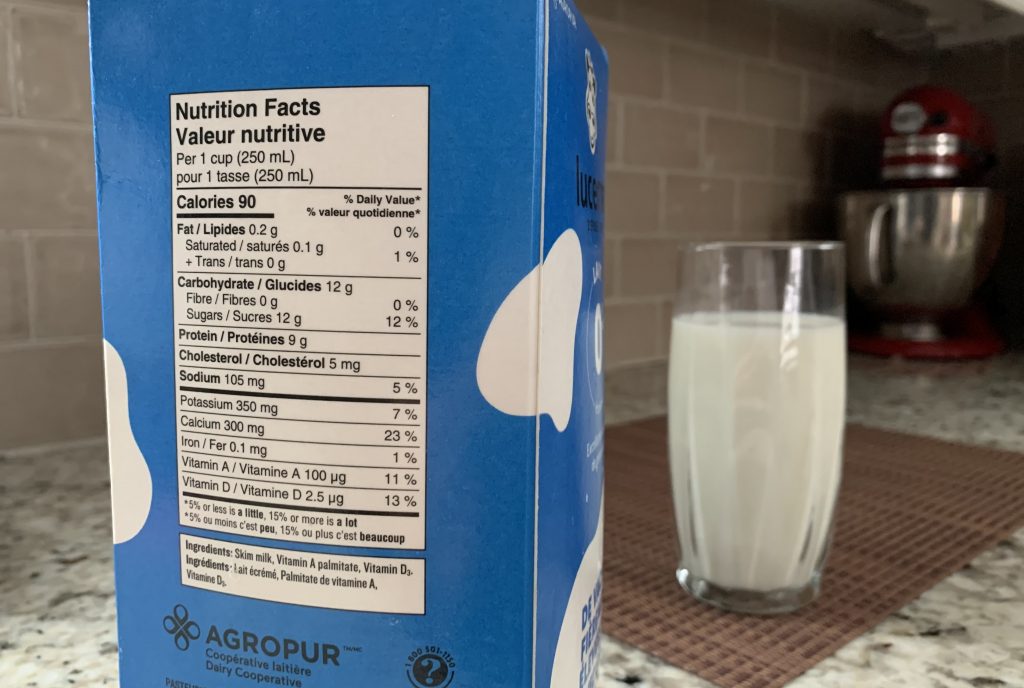
What is cholesterol on food labels
How to Read Food Labels for a Heart-Healthy Diet Be on the watch for both trans fats and hydrogenated oil in ingredients lists. Trans fats, which raise bad cholesterol levels, aren't listed as such in the ingredients. Rather, you have to watch for ingredients that contain trans fats, mainly hydrogenated oil and partially hydrogenated oil. Canola and olive oil don't contain trans fats. Understanding Food Nutrition Labels | American Heart Association When the Nutrition Facts label says a food contains "0 g" of trans fat, but includes "partially hydrogenated oil" in the ingredient list, it means the food contains some trans fat, but less than 0.5 grams per serving. So, if you eat more than one serving, you could end up eating too much trans fat. Dietary Cholesterol - Nutrition Facts Labels Explained by MyFoodDiary Soluble fiber binds to dietary cholesterol in our intestines and prevents the body from absorbing it. Foods rich in soluble fiber include: Beans (black, lima, kidney) Vegetables (Brussels sprouts, broccoli, potatoes) Fruits (avocados, apples, pears, prunes) Nuts (walnuts, almonds) Whole grains (wheat bread, oat bran, oatmeal) Exercise
What is cholesterol on food labels. What is considered high cholesterol on food labels? - Vigor Tip What is considered high cholesterol on food labels? The daily value for cholesterol is less than 300 mg per day. Compare and choose foods to get less than 100% DV cholesterol every day. And remember: 5% DV or less of cholesterol per serving is considered low. 20% DV or more cholesterol per serving is considered high. Cholesterol Content of Foods | Patient Education | UCSF Health Use the following tables to check the cholesterol and fat content of the foods you eat. This will help you keep track of your daily cholesterol intake. Note: Cholesterol is only found in animal products. Fruits, vegetables, grains and all other plant foods do not have any cholesterol at all. Make Your Own Food Nutrition Facts Labels! - Shop'NCook How can I save the food panel? See the blog for a discussion on how to save and use the created nutrition facts panels. Why did the tool changed the values I entered? The nutrition labeling tool applies the rounding guidelines of the FDA. For more information, see the code of federal regulation on nutrition labeling of food, section 101.9. Controlling Cholesterol with Statins | FDA - U.S. Food and ... Español. You go to the gym faithfully, and try to watch your diet. But after your annual physical, you find out that your blood cholesterol is surprisingly high.
How To Read Cholesterol Labels - HealthyCholesterolClub.com Your best bet is to keep your intake of trans fat as low as possible by consuming products that contain 0 grams of trans fat on the food label. Cholesterol is a waxy substance that your liver and other cells produce. Your body also gets cholesterol from food. In fact, about 25% of the cholesterol in your blood comes from the food you eat. What do cholesterol-free and low-cholesterol food labels mean? - Sharecare American Diabetes Association Cholesterol free means that the food must contain fewer than 2 milligrams of cholesterol and 2 grams or less of saturated fat per serving. For example, although vegetable oils contain no cholesterol, they are 100% fat. Vegetable oils are still preferable to butter or lard because they have less saturated fat. What Food Labels Tell You | Smokefree The label lists several nutrients that can have an impact on your health. Eating too much of some nutrients can lead to health problems. The nutrients listed first are the ones people generally eat enough of, or even too much. Health experts recommend that you limit these nutrients. Limit your fat, trans fat, cholesterol, or sodium intake. Why doesn't cholesterol appear on food nutrition labels? - Quora How do you read labels for cholesterol? 5 percent DV cholesterol per serving or less is regarded as low More than 20% DV of cholesterol per person serving is regarded as excessive good luck!!! Craig Good Promoting a healthy relationship with food. Author has 19.7K answers and 87.6M answer views 6 y Related
What is Cholesterol? - Academy of Nutrition and Dietetics What is Cholesterol? Cholesterol is a waxy substance found in animal-based foods that we eat and also in our body's cells. Our bodies need some cholesterol to function normally and can make all the cholesterol it needs. Cholesterol in the body is used to make hormones and vitamin D. It also plays a role in digestion. Easy Guide to Understanding Food Labels When You Have High Cholesterol ... This means that your food may contain trans-fat even if the food label says 0 gram. Therefore it's important to check the ingredient list (more on this later). Cholesterol guidelines currently recommend having not more than 300 milligrams of cholesterol per day, and if you have heart disease, aim for less than 200 milligrams per day. 2. How to Tell if Foods Are Low or High Cholesterol - Verywell Health Each food label should include milligrams (mg) of cholesterol per serving. Don't forget to look at the serving size as well. Sometimes products can seem low in cholesterol, but if you eat more than the recommended servings at one sitting, then you can end up consuming a lot more cholesterol than you intended. Should I check the cholesterol on nutrition labels? Major dietary cholesterol contributors — meat, fish, and chicken — often have no label. Having less than 4-6 oz of those per day and less than 2-4 eggs per week will generally keep your cholesterol reasonable. And that's a smart idea anyhow, to leave room for more artery-friendly fruits, veg, whole grains, beans, nuts, seeds, etc."
Making Sense of Food Labels | ADA - American Diabetes Association Trying to figure out nutritional information on labels and packaging isn’t easy. The good news is that we can help. These food labels are especially helpful if you use carb counting to plan your meals! If you get tripped up on food content claims, you’re not alone. Fat free vs. low fat vs. reduced fat. Low cholesterol vs. reduced cholesterol.
What's the difference between fat and cholesterol on food labels? Cholesterol is listed under the fat information on a nutrition label. Daily value. This shows the percentage of a certain nutrient in a food, based on a 2,000-calorie diet. The daily value gives you an idea of a food's nutrient contribution to your diet; 8% is generally considered to be good. Your response is private Was this worth your time?
Nutrition Labels 101: What's Required? What's Optional? The cholesterol listing on nutrition labels notes the cholesterol content of the food per serving in milligrams rounded to 5 mg increments. If the amount of cholesterol contained is less than 2 milligrams per serving, it can be stated as zero in the nutrition fact panel, or replaced with the statement "Not a significant source of cholesterol" at the bottom of the table.
13 Misleading Food Label Claims and How Not to Be Tricked Oct 20, 2021 · Per the FDA, food items labeled as being cholesterol-free cannot contain more than 2 milligrams of cholesterol per serving size, whether a snack item or meal. Consumers might expect that the ingredients in food labeled as being cholesterol-free would not have any cholesterol in them.
Food Labels: Fat & Cholesterol | Home & Garden Information Center Quick Guide to % DV makes it easy to choose foods. It tells you that 5% DV or less of a nutrient is low, and 20% DV or more is high. For all nutrients that you want to limit (e.g., total fat, saturated fat, trans fat, cholesterol and sodium), choose foods often that contain 5% DV or less of these nutrients.
Understanding Food Terms - American Cancer Society Low. How you might see it on a label: low-fat, low-sodium, low-cholesterol, low-calorie What it means: This term can be used on foods that can be eaten often and you still won't get more than the recommended amount of that nutrient. The nutrients that can be described with this label are: Fat; Saturated fat; Cholesterol; Sodium (salt)
Why You Should No Longer Worry About Cholesterol in Food Jan 15, 2021 · Food contains cholesterol, yes. But here is why you no longer need to worry about high-cholesterol foods. ... All in all, look for trans fat and saturated fat on labels at the grocery store.
How to read food labels: MedlinePlus Medical Encyclopedia If a food has less than 0.5 grams of saturated fat in the serving size on the label, the food maker can say it contains no saturated fat. Remember this if you eat more than 1 serving. You should also pay attention to trans fats on any food label. These fats raise "bad" cholesterol and lower your "good" cholesterol.
HeartPoint: Cholesterol: New Food label Let the label help you find that 25-50 grams of fiber daily. The bottom half of the label This will give you insight into some particular nutrients found in the food. It also reminds you of the amounts of nutrients recommended for Step 1 low cholesterol diets, the recommended amounts of sodium, and goals for fiber.
Food labels - Better Health Channel Food labels carry useful information to help you make informed choices about what you and your family eat and drink. ... The claims 'no cholesterol ', 'low cholesterol' or 'cholesterol free' on foods derived from plants (like margarine and oil) are meaningless because all plant foods contain virtually no cholesterol. However, some ...
How to Understand and Use the Nutrition Facts Label | FDA - U.S. Food ... Dietary fiber, vitamin D, calcium, iron ad potassium are nutrients on the label that Americans generally do not get the recommended amount of. They are identified as nutrients to get more of....
Understanding Ingredients on Food Labels | American Heart ... Mar 06, 2017 · Food labels are an important source of information about calories and the nutritional value of the foods you eat, a crucial tool in building a heart-healthy diet. The Nutrition Facts information is always displayed in the same orderly fashion and helps you understand how much of certain nutrients that you need to limit are contained in the ...
Understanding Food Labels | The Nutrition Source | Harvard T ... The FDA has approved 12 health claims on food labels such as the relationship between calcium and osteoporosis; sodium and hypertension; fiber-containing grains, fruits and vegetables and cancer; and folic acid and neural tube defects. However, just because a food contains a specific nutrient that is associated with a decreased risk of disease does not necessarily make the food healthy as a whole.
How to Read the Nutrition Facts Label on Packaged Foods - WebMD Sugar Alcohols You may see these reduced-calorie sweeteners (which include sorbitol, xylitol, and erythritol) in products labeled "no sugar added" or "sugar free." They have fewer calories than...
Dietary Cholesterol - Nutrition Facts Labels Explained by MyFoodDiary Soluble fiber binds to dietary cholesterol in our intestines and prevents the body from absorbing it. Foods rich in soluble fiber include: Beans (black, lima, kidney) Vegetables (Brussels sprouts, broccoli, potatoes) Fruits (avocados, apples, pears, prunes) Nuts (walnuts, almonds) Whole grains (wheat bread, oat bran, oatmeal) Exercise
Understanding Food Nutrition Labels | American Heart Association When the Nutrition Facts label says a food contains "0 g" of trans fat, but includes "partially hydrogenated oil" in the ingredient list, it means the food contains some trans fat, but less than 0.5 grams per serving. So, if you eat more than one serving, you could end up eating too much trans fat.
How to Read Food Labels for a Heart-Healthy Diet Be on the watch for both trans fats and hydrogenated oil in ingredients lists. Trans fats, which raise bad cholesterol levels, aren't listed as such in the ingredients. Rather, you have to watch for ingredients that contain trans fats, mainly hydrogenated oil and partially hydrogenated oil. Canola and olive oil don't contain trans fats.

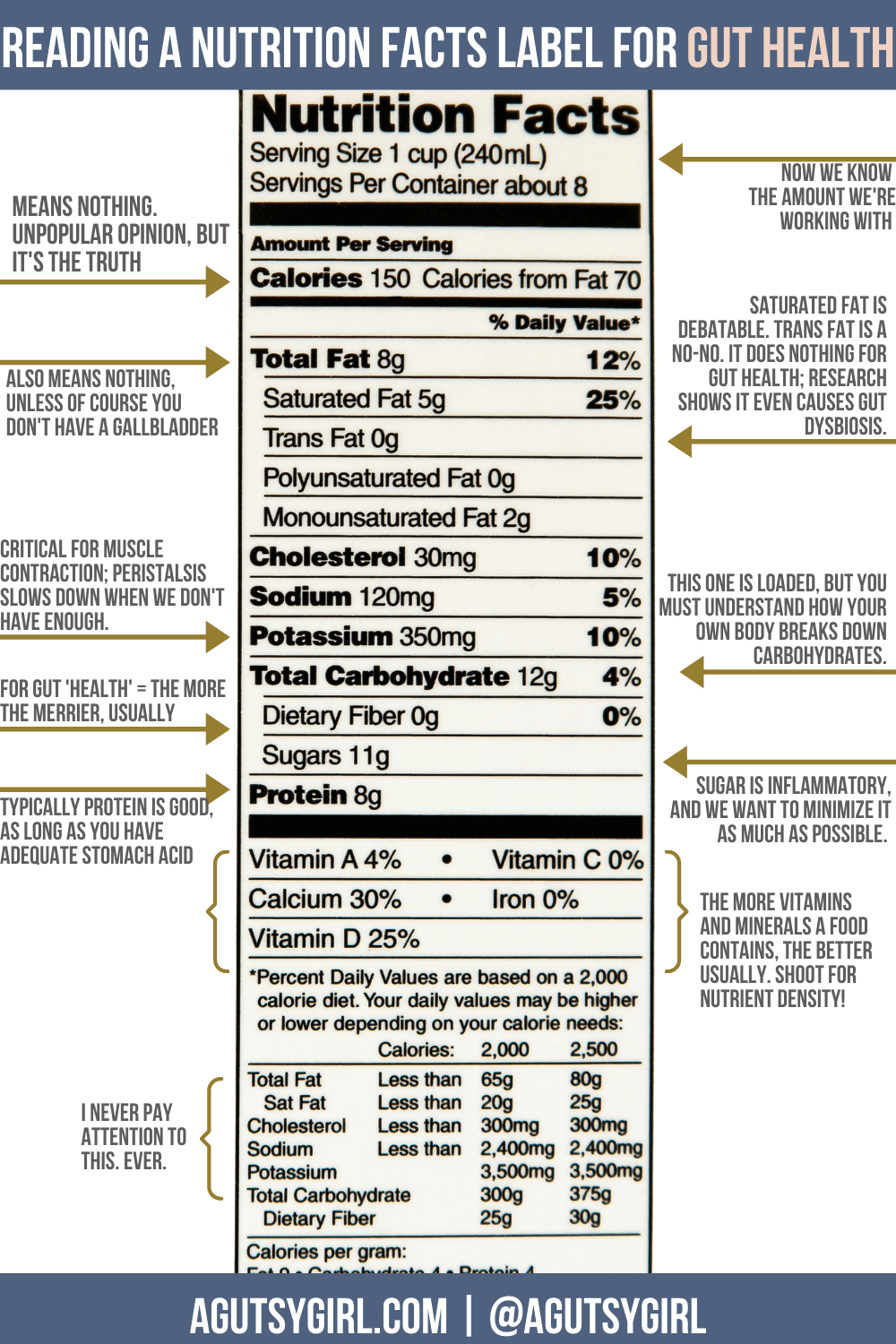
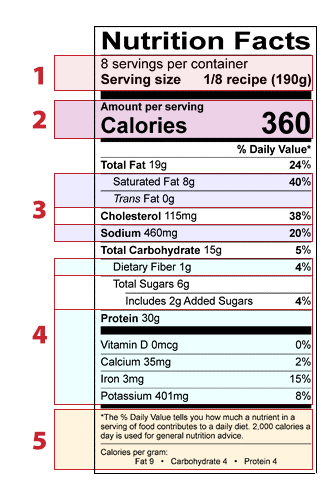

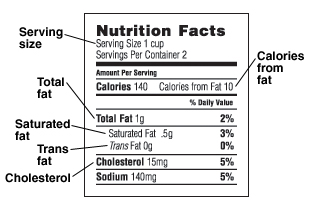





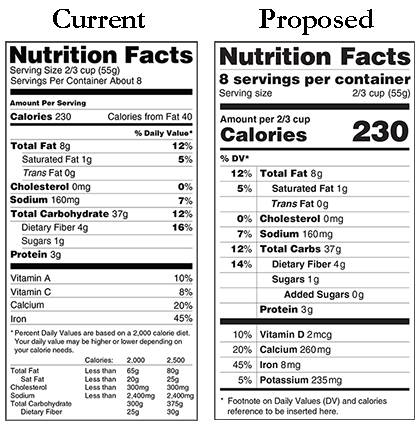
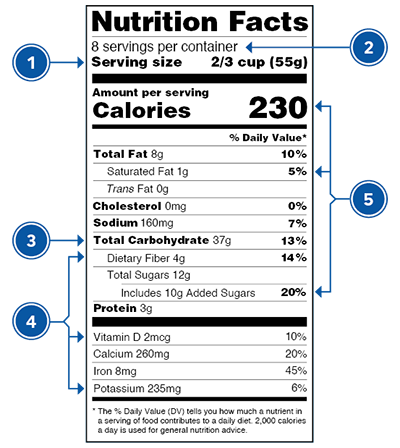


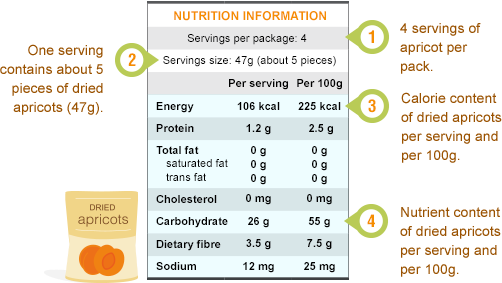





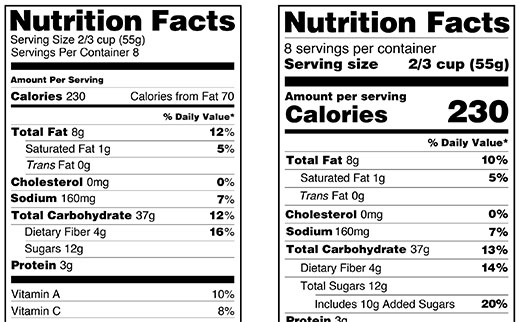
/Untitled-design-1--5755c3703df78c9b46903dab.jpg)

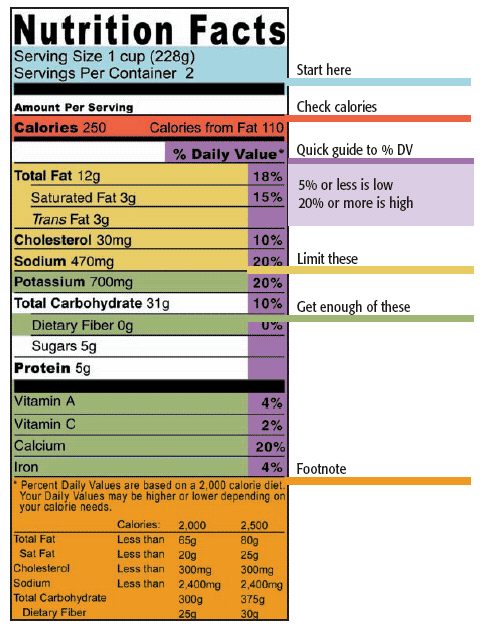
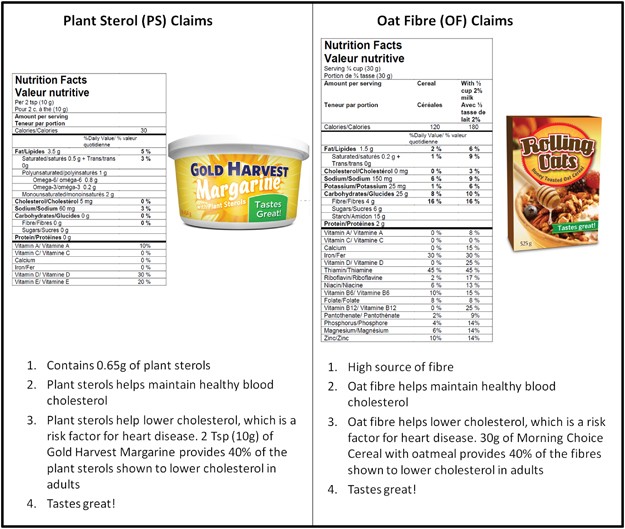
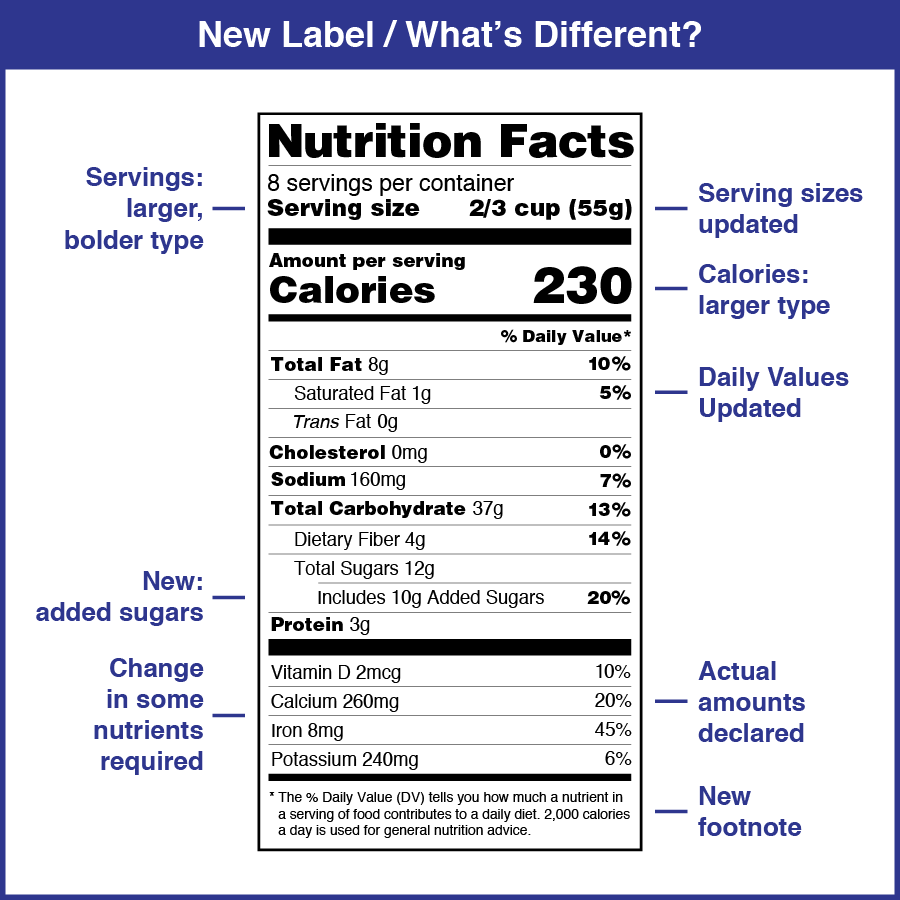
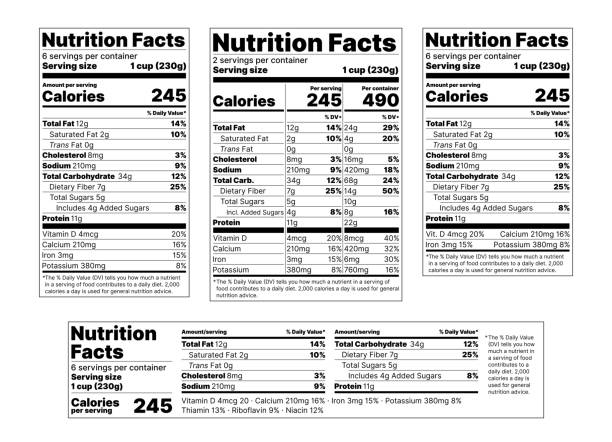
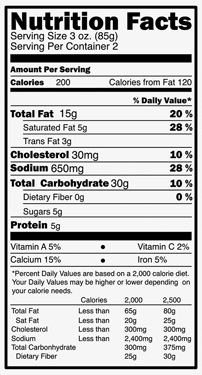

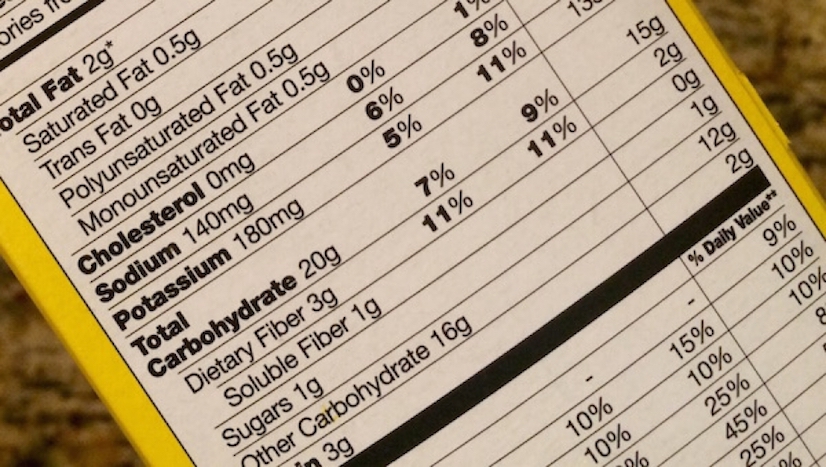

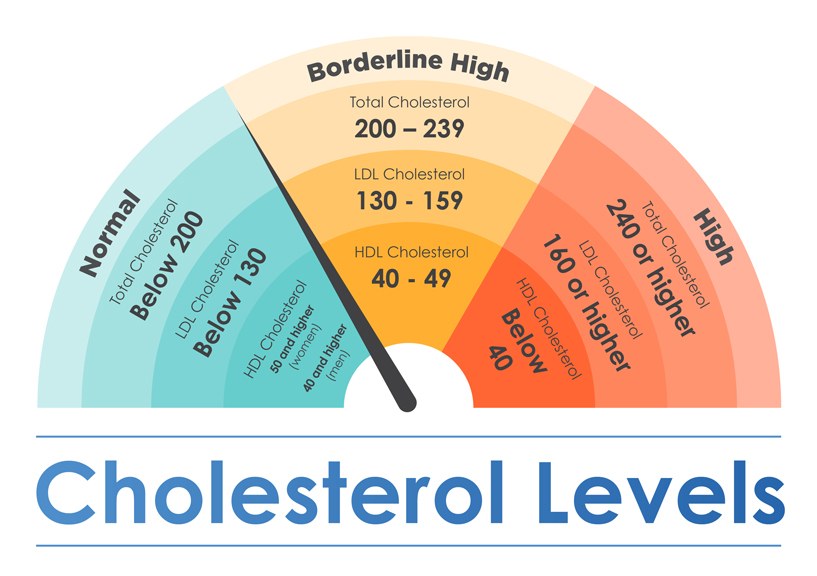
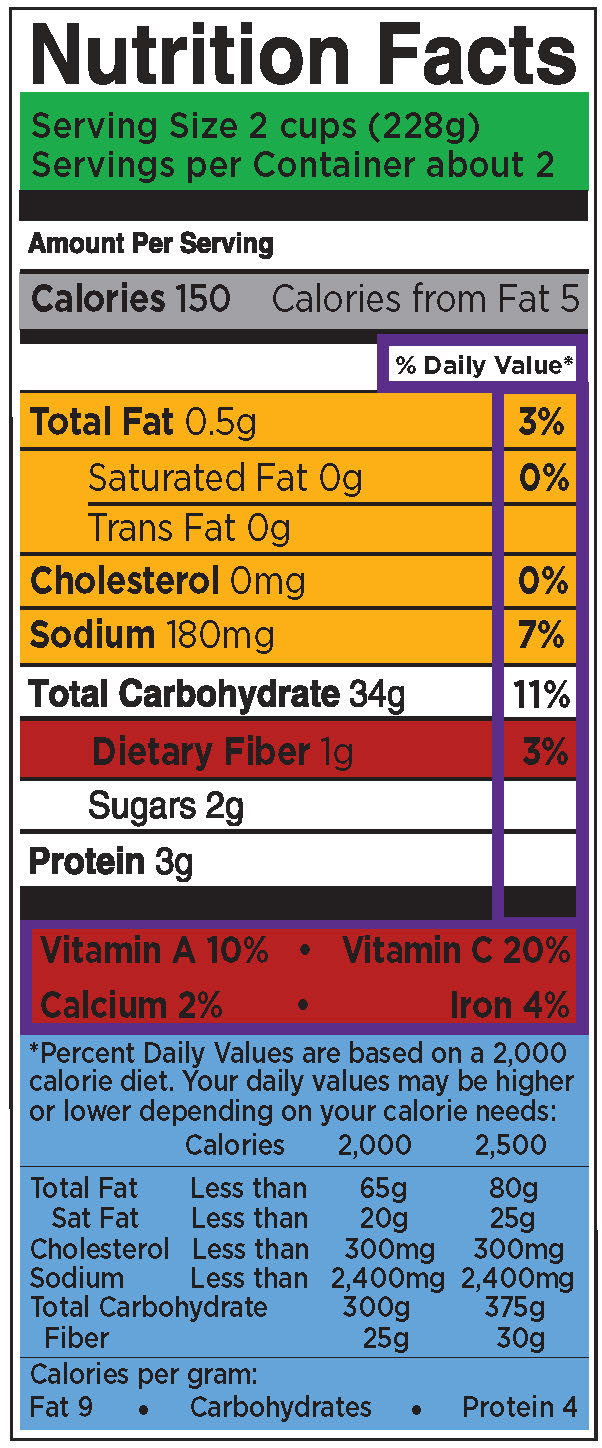


Post a Comment for "39 what is cholesterol on food labels"